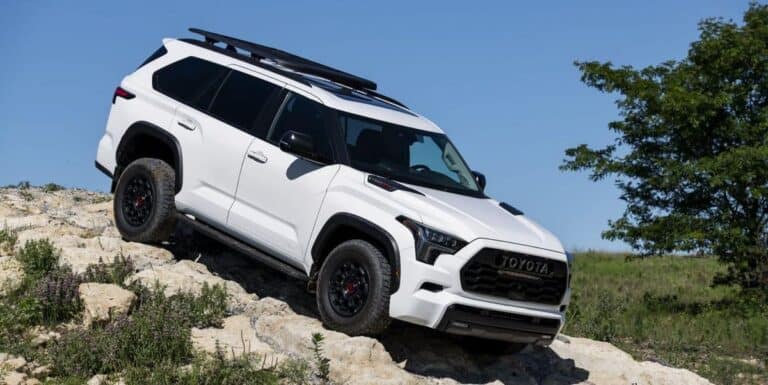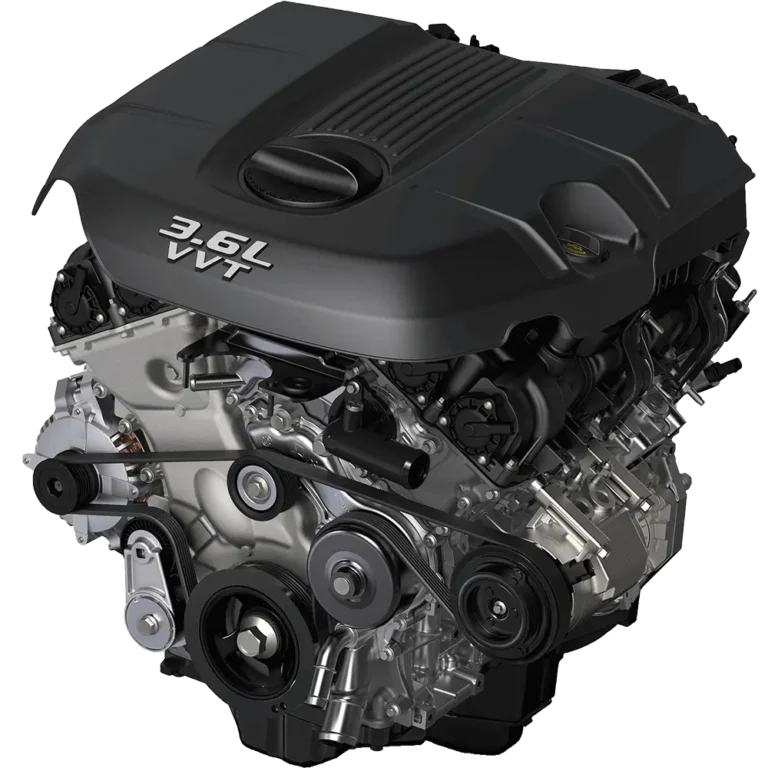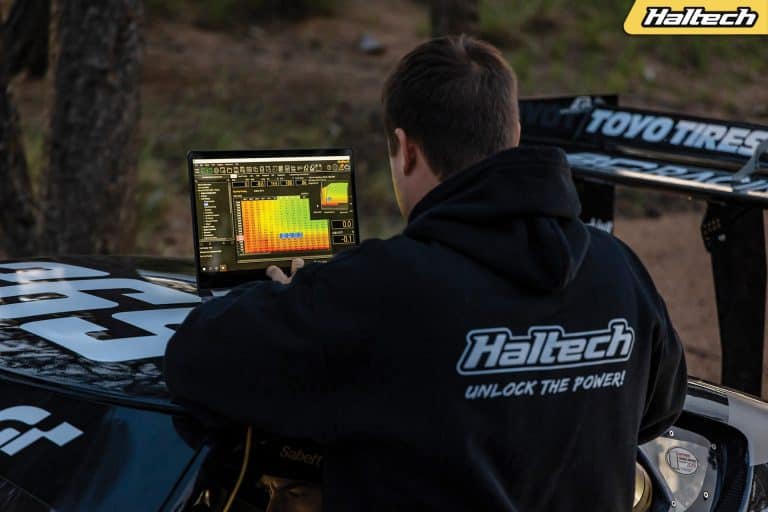Jeep Patriot Catalytic Converter Problems
Are you a proud owner of a Jeep Patriot? Do you know that a malfunctioning catalytic converter can cause significant problems in your vehicle’s performance? Jeep Patriot catalytic converter problems can lead to reduced fuel efficiency, engine misfires, and even car stalling.
In this article, we’ll explore the common issues associated with the catalytic converter in Jeep Patriots, how to identify them, and what steps you can take to prevent and fix them. Whether you’re experiencing issues with your Jeep Patriot’s catalytic converter or simply want to learn more about this critical component, read on to discover everything you need to know.
Jeep Patriot Catalytic Converter Problems: Causes and Solutions
What is a Catalytic Converter?
A catalytic converter is an essential component of a vehicle’s exhaust system. It is designed to reduce the emission of harmful pollutants from the engine by converting them into less harmful gases. The catalytic converter is made up of a honeycomb-like structure that is coated with precious metals such as platinum, palladium, and rhodium. When the exhaust gases pass through the converter, the metals react with the pollutants and convert them into less harmful gases before they are released into the environment.
The catalytic converter is an integral part of a vehicle’s emission control system. It is responsible for reducing the emission of harmful pollutants such as carbon monoxide, nitrogen oxides, and hydrocarbons. The converter is designed to last for the life of the vehicle. However, it can fail due to various reasons.
Common Jeep Patriot Catalytic Converter Problems
Jeep Patriot owners have reported several issues with their catalytic converters. Some of the common problems include:
1. Melting of the Catalytic Converter
One of the most common problems with the Jeep Patriot catalytic converter is that it can melt due to excessive heat. This can happen due to a malfunctioning engine or a faulty oxygen sensor. When the converter melts, it can cause a blockage in the exhaust system, which can result in a loss of power and reduced fuel efficiency. In extreme cases, a melted converter can also cause a fire.
To prevent this problem, it is important to have your vehicle inspected regularly. If you notice any signs of a malfunctioning engine, such as rough idling or loss of power, have it checked by a qualified mechanic.
2. Clogging of the Catalytic Converter
Another common problem with the Jeep Patriot catalytic converter is that it can become clogged due to a buildup of carbon deposits. This can happen if the engine is burning oil or if the converter is not getting enough air flow. A clogged converter can cause a loss of power, reduced fuel efficiency, and increased emissions.
To prevent this problem, it is important to have your vehicle serviced regularly. This includes changing the oil and air filter as recommended by the manufacturer. It is also important to avoid driving in dusty or dirty conditions as this can cause a buildup of dirt and debris in the converter.
3. Failure of the Catalytic Converter
In some cases, the Jeep Patriot catalytic converter can fail due to a manufacturing defect or a faulty installation. When this happens, the converter will need to be replaced. Signs of a failing converter include a check engine light, reduced power, and increased emissions.
If you suspect that your catalytic converter is failing, it is important to have it inspected by a qualified mechanic. They can diagnose the problem and recommend the best course of action.
Benefits of a Working Catalytic Converter
A working catalytic converter has several benefits, including:
- Reduced emission of harmful pollutants into the environment
- Better fuel efficiency and performance
- Longer lifespan of the vehicle
- Compliance with environmental regulations
Conclusion
The Jeep Patriot catalytic converter is an important component of the vehicle’s emission control system. It is designed to reduce the emission of harmful pollutants from the engine. However, it can fail due to various reasons such as excessive heat, clogging, or manufacturing defects. It is important to have your vehicle inspected regularly to prevent these problems and ensure that your catalytic converter is working properly. A working converter has several benefits, including reduced emissions, better fuel efficiency, and longer lifespan of the vehicle.
Frequently Asked Questions
Here are some frequently asked questions about the Jeep Patriot and its catalytic converter problems.
What is a catalytic converter and why is it important?
A catalytic converter is an emissions control device that reduces the amount of pollutants in a vehicle’s exhaust. It converts harmful gases like carbon monoxide, nitrogen oxides, and hydrocarbons into less harmful substances like carbon dioxide and water vapor. It is important because it helps to reduce air pollution and improve air quality.
How do I know if my Jeep Patriot’s catalytic converter is failing?
There are several signs that your catalytic converter may be failing, including reduced engine performance, decreased fuel efficiency, a sulfur smell coming from the exhaust, and the illumination of the check engine light. If you are experiencing any of these symptoms, it is important to have your vehicle inspected by a qualified mechanic.
What causes catalytic converter problems in the Jeep Patriot?
There are several factors that can contribute to catalytic converter problems in the Jeep Patriot, including engine misfires, oil or coolant contamination, and physical damage to the converter itself. Additionally, the converter can become clogged over time with debris and other contaminants, which can lead to reduced performance and increased emissions.
Can I drive my Jeep Patriot with a bad catalytic converter?
While it is technically possible to drive a vehicle with a bad catalytic converter, it is not recommended. A failing converter can lead to reduced engine performance, decreased fuel efficiency, and increased emissions, which can result in more serious and costly problems down the road. Additionally, driving with a faulty converter can also result in a failed emissions test, which can prevent you from renewing your vehicle’s registration.
How much does it cost to replace a catalytic converter in a Jeep Patriot?
The cost of replacing a catalytic converter in a Jeep Patriot can vary depending on several factors, including the make and model of the vehicle, the type of converter being used, and the labor costs associated with the installation. On average, however, you can expect to pay between $500 and $2,500 for a new catalytic converter and installation.
2010 Jeep Patriot How to replace catalytic converter
In conclusion, Jeep Patriot catalytic converter problems are a common issue that many owners face. The catalytic converter is an essential component of the exhaust system that helps reduce harmful emissions. However, when it malfunctions, it can cause a range of problems, including poor fuel economy, reduced engine performance, and even stalling.
If you’re experiencing issues with your Jeep Patriot’s catalytic converter, it’s essential to act quickly and address the problem. Ignoring the problem can lead to more significant issues down the line, such as engine damage and increased emissions. It’s best to take your vehicle to a trusted mechanic who can diagnose the issue and recommend the best course of action.
In the end, proper maintenance and care can help prevent Jeep Patriot catalytic converter problems from occurring. Regularly servicing your vehicle, including oil changes and tune-ups, can help keep your engine running smoothly and reduce the risk of catalytic converter issues. By staying proactive and taking care of your vehicle, you can ensure that it runs smoothly for years to come.





